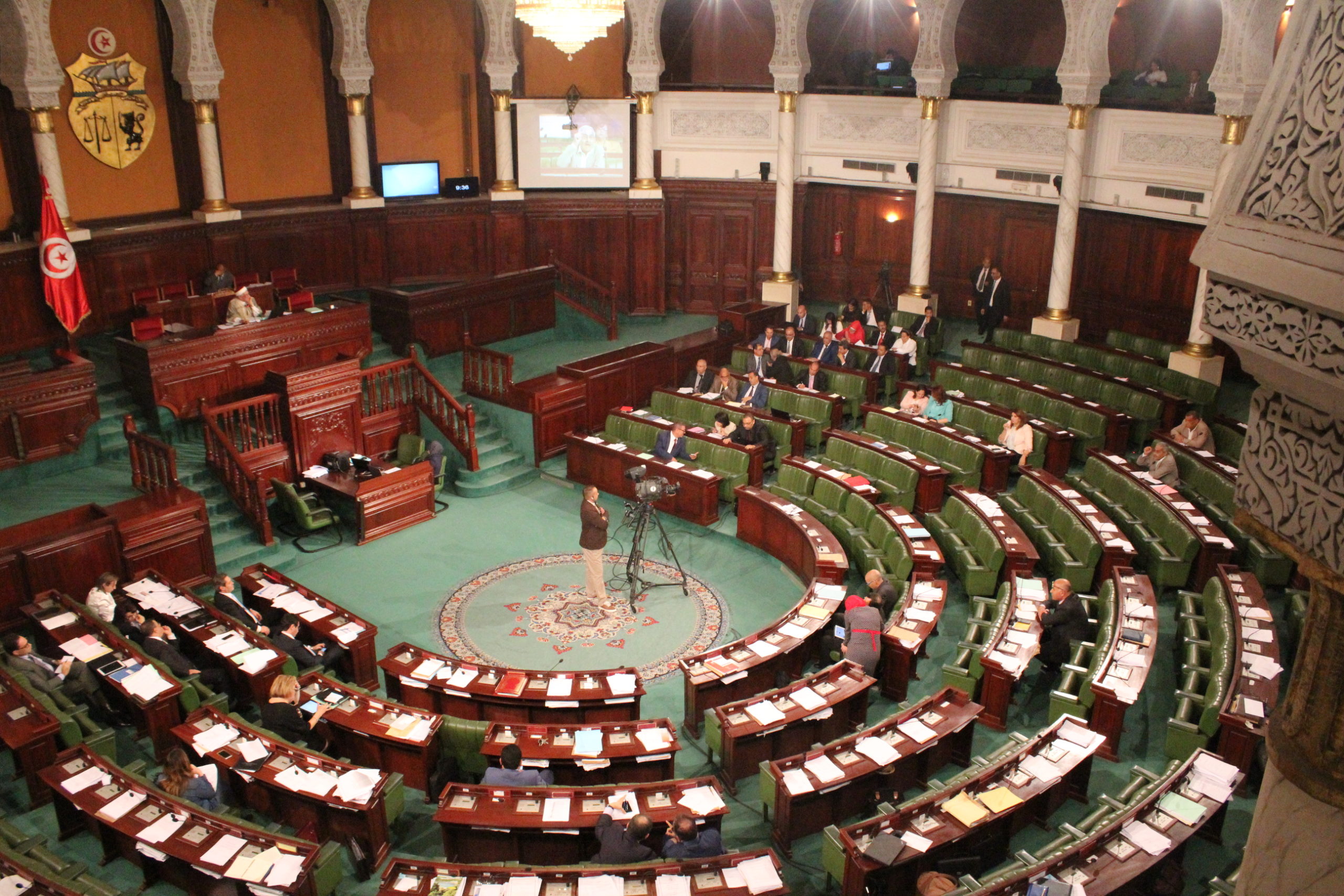Decisions to dissolve Tunisia’s legislature and to investigate Parliamentarians for conspiracy against the State are a travesty and should be revoked immediately to protect the country from further sliding into a constitutional crisis, the International Commission of Jurists (ICJ) said today.
On 30 March 2022, Tunisian President Kais Saied issued Presidential Decree No. 309 dissolving the country’s Parliament, after 121 members attended an online plenary session and approved a bill against the President’s “exceptional measures”. President Saied then requested the Minister of Justice to open investigations against these members of Parliament, accusing them of “attempting a coup” and “conspiring against the State’s security”. More than 30 members were summoned for investigation by the counter-terrorism unit.
“Prosecutors should act as a check on Saied’s arbitrary exercise of power, not as a tool in his unconstitutional crackdown on opponents”, said the Director of the ICJ’s Middle East and North Africa program, Said Benarbia. “By law, they can exercise their discretion and dismiss unfounded complaints and accusations.”
The prospective use of counter-terrorism legislation to crackdown on members of Parliament solely for their legitimate exercise of their constitutional role violates the separation of powers. At this juncture, the judiciary, including prosecutors, are the last check on the President’s actions.
“President Saied is meticulously dismantling all checks on his one-man rule,” added Benarbia. “The international community should hold him to account, instead of turning a blind eye on his rampant, unbridled authoritarianism.”
The decision to dissolve Parliament is unconstitutional. Article 80 of the Constitution requires that Parliament cannot be dissolved throughout the “State of Exception”.
The President’s attempt to justify this move by citing his constitutional role as guarantor of “independence and continuity” and “respect for the Constitution” under article 72 has no merit.
On the 11 February 2022, President Saied dissolved the High Judicial Council, and established a temporary Council over which he has control and oversight.
Download this press release in English and in Arabic.
Contact
Said Benarbia, Director of the ICJ’s Middle East and North Africa Programme, email: said.benarbia(at)icj(dot)org, phone number: +41-22-979-3817
Asser Khattab, Research and Communications Officer at the ICJ’s Middle East and North Africa Programme, email: asser.khattab(at)icj(dot)org





